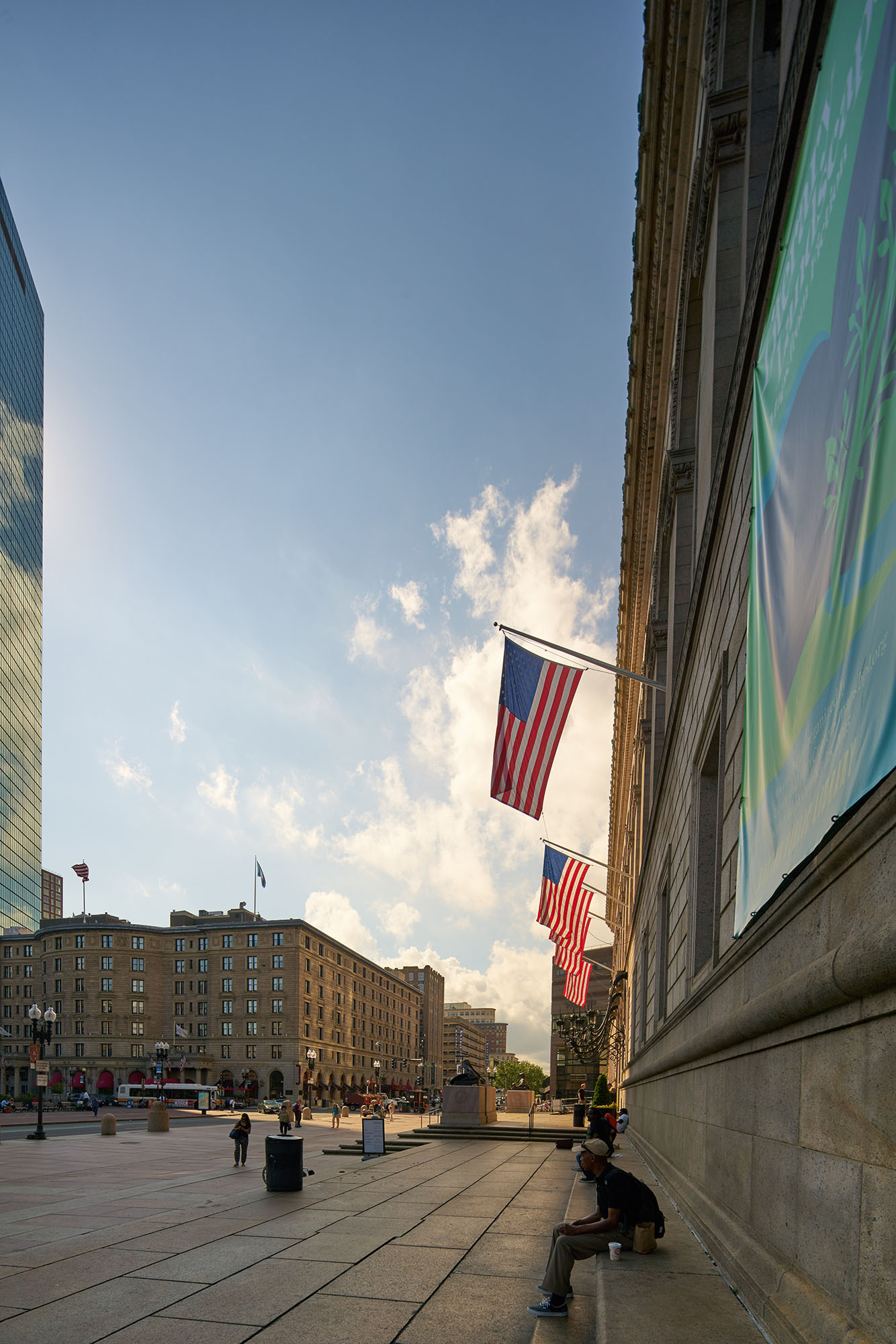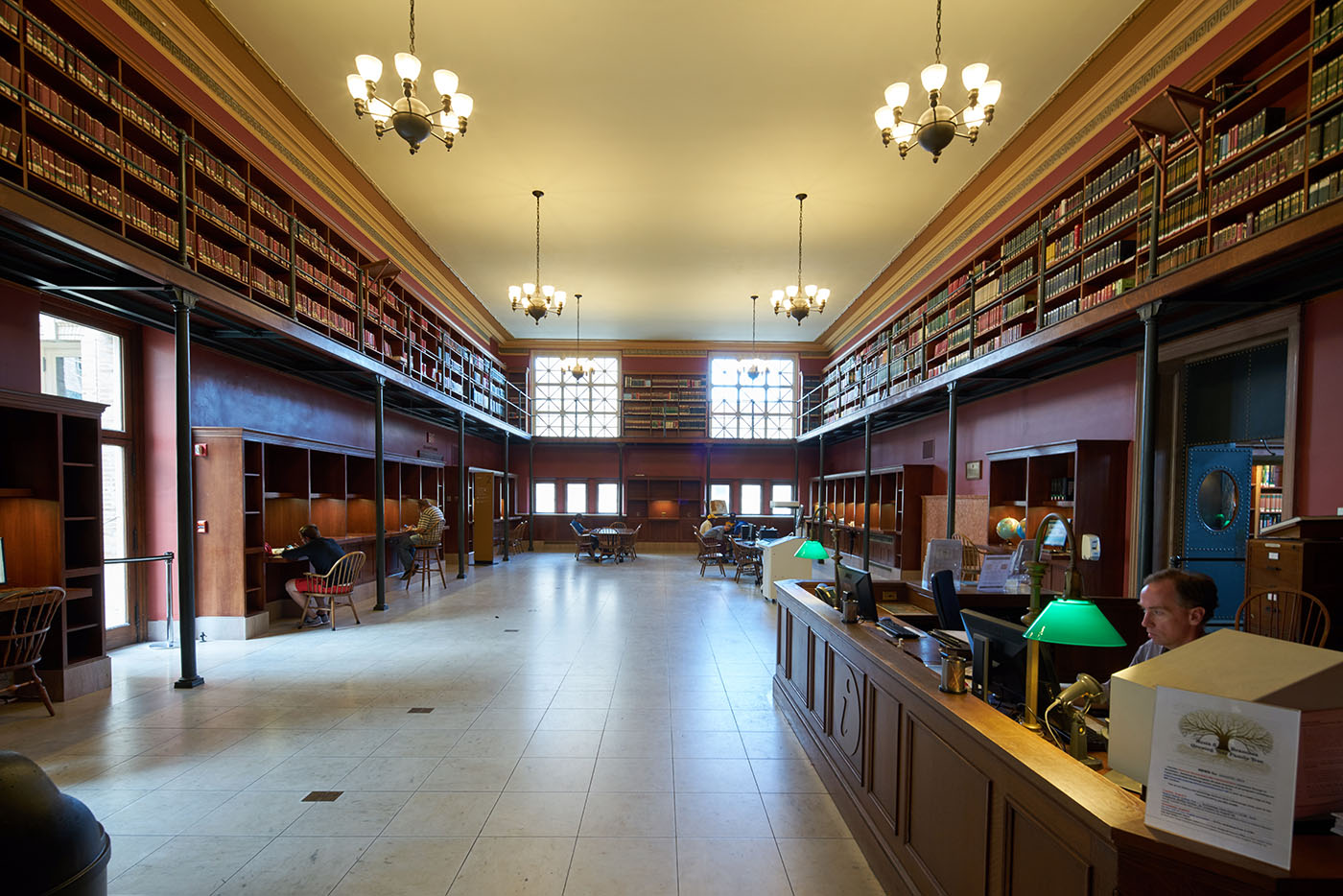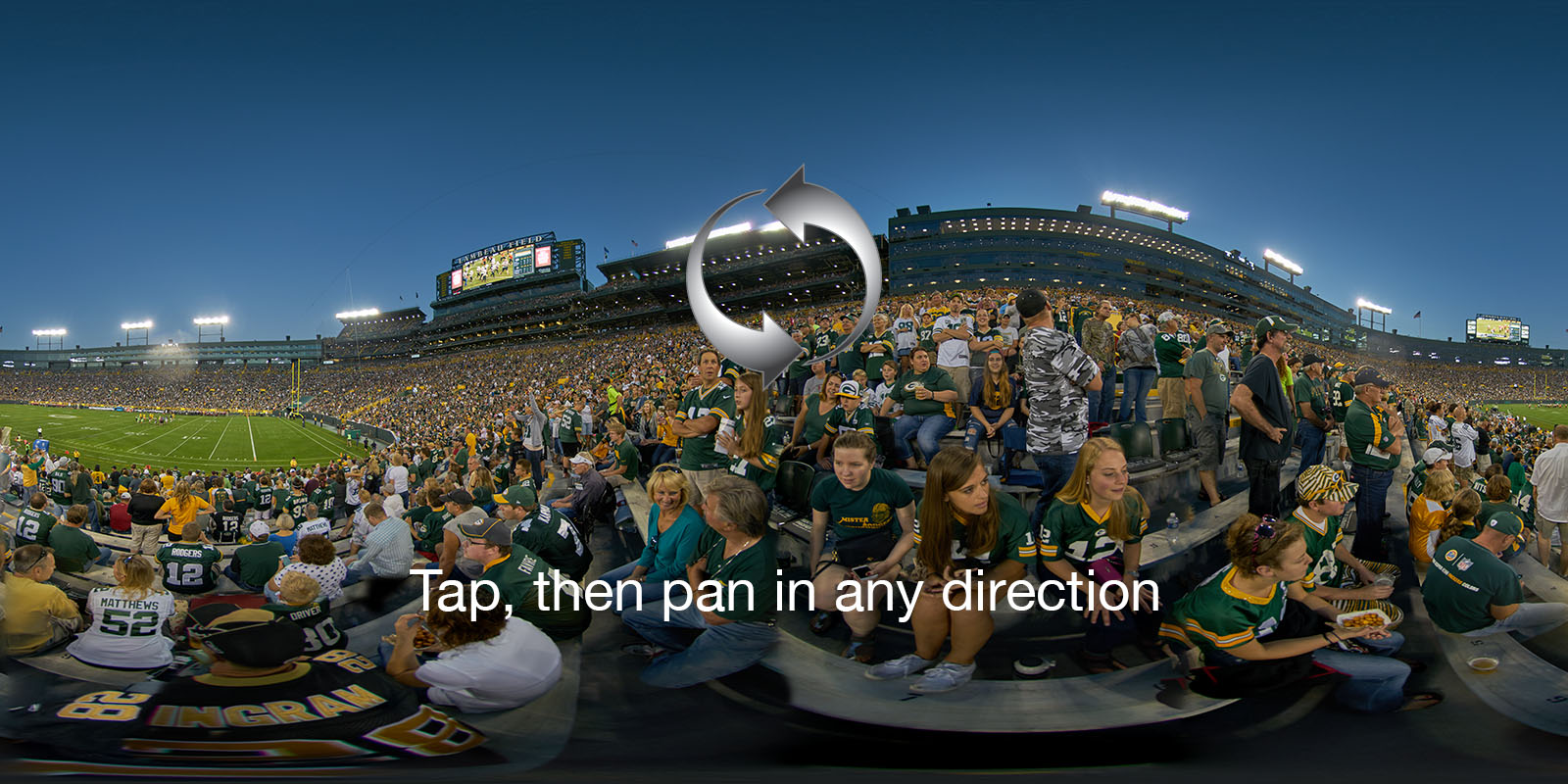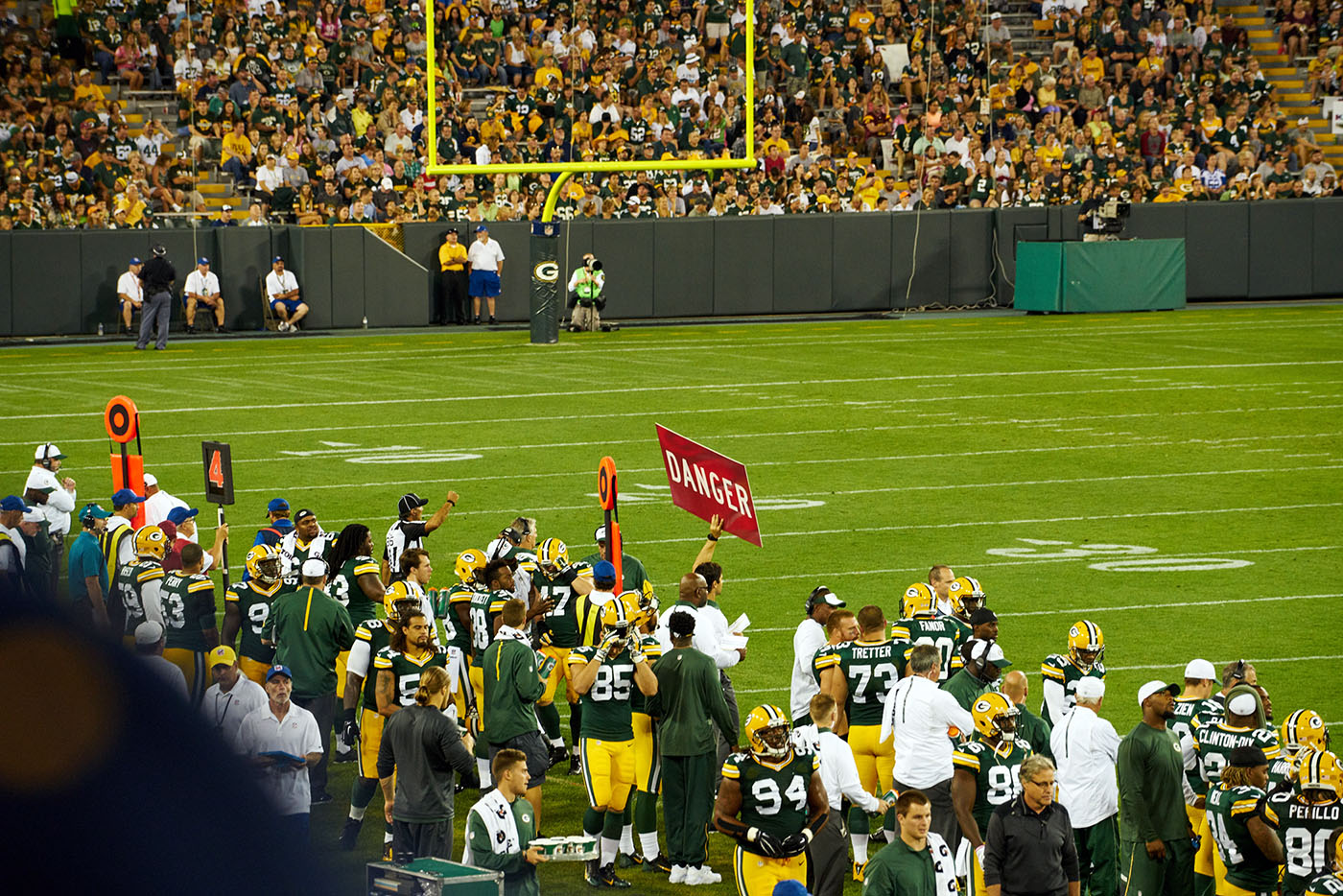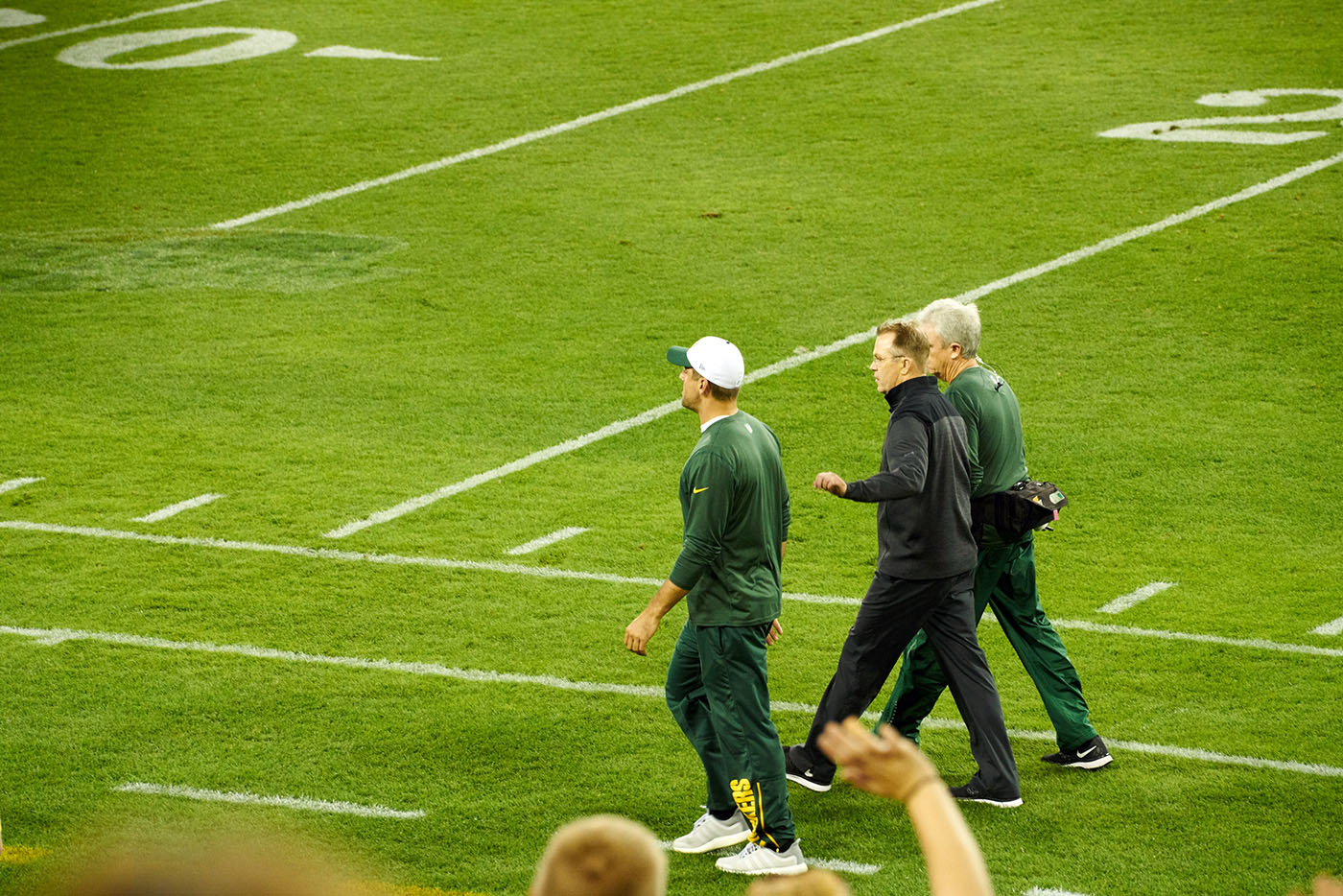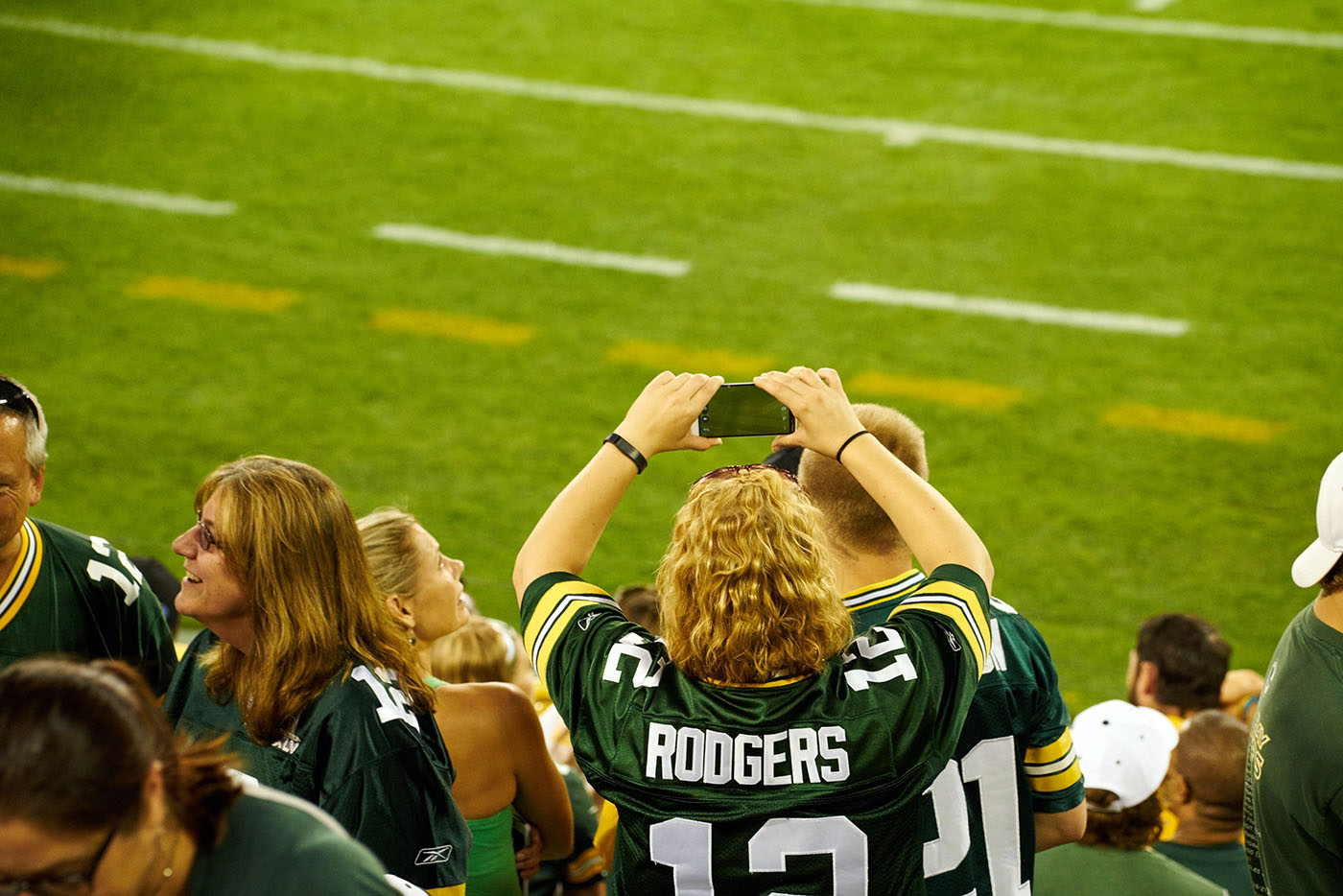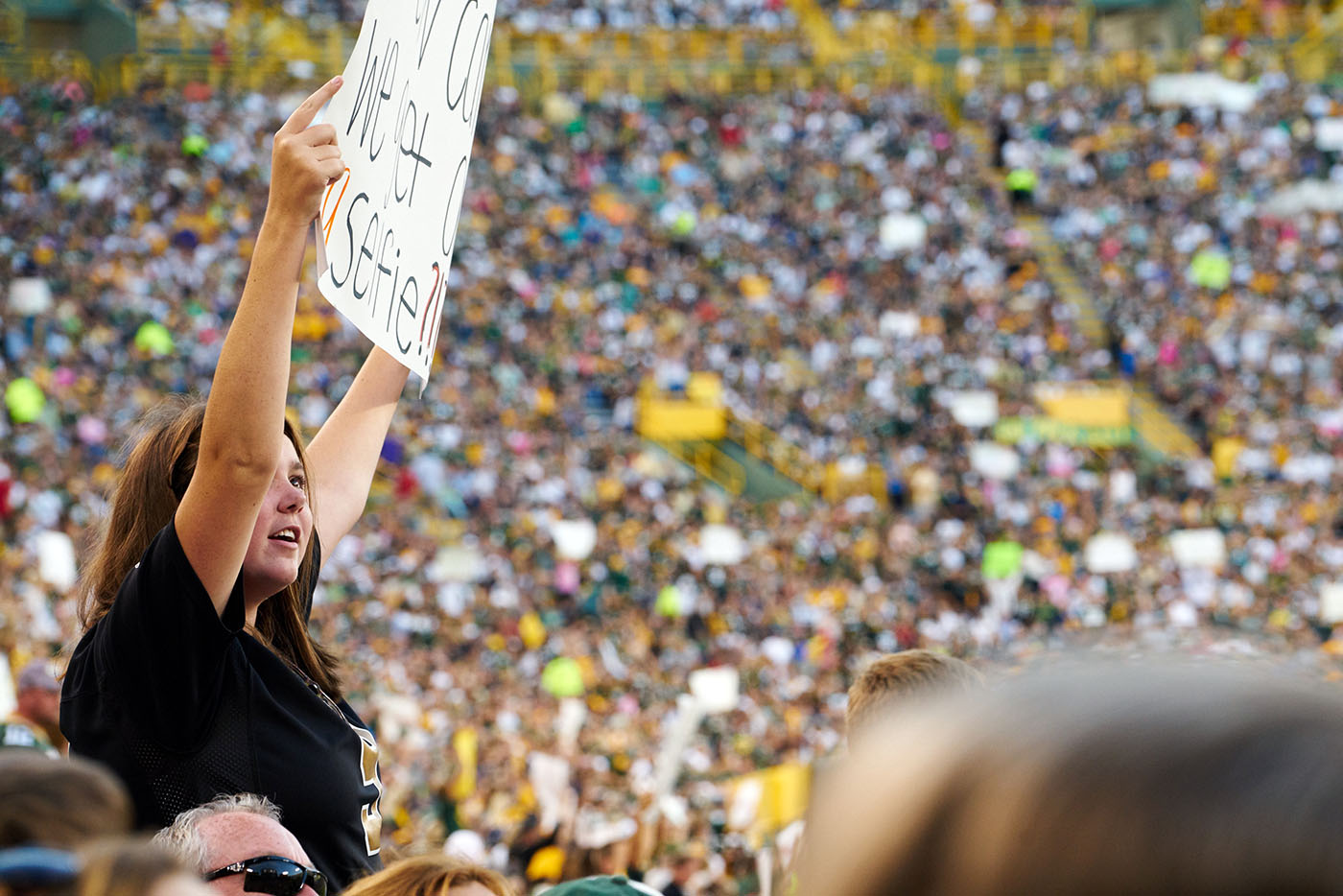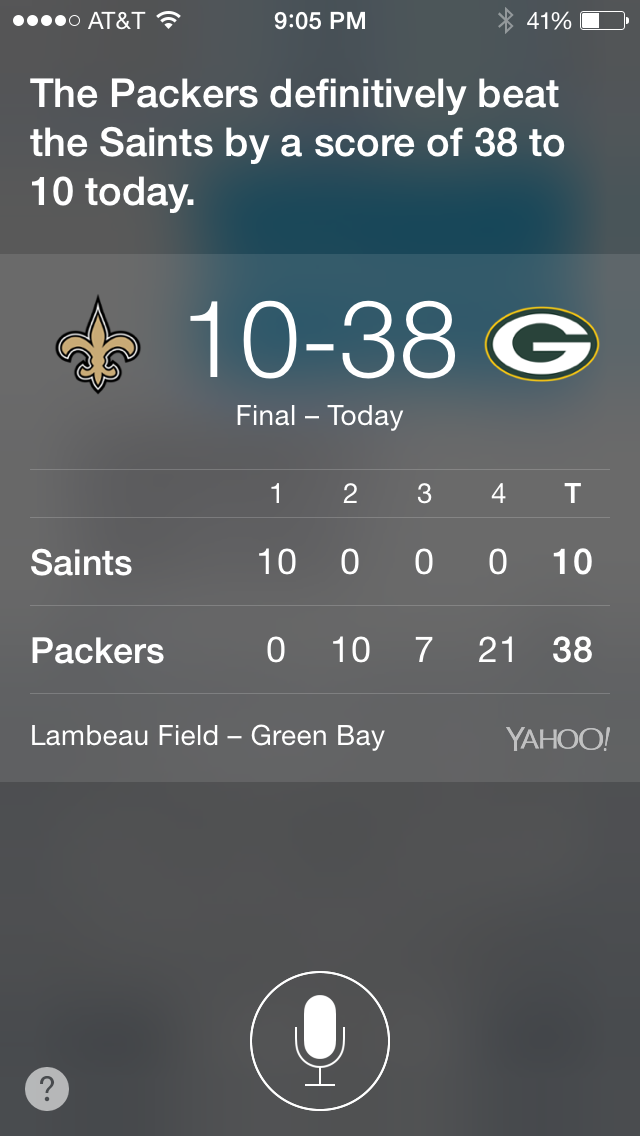But not all Italian Catholics, or their would-be political representatives, approve. Over the past few weeks, there have been some cantakerous public exchanges between a senior prelate and a rising politician of the right. Matteo Salvini, leader of the Northern League party and advocate of a new brand of Italian nationalism, has been sparring with Nunzio Galantino, the secretary of the Italian bishops’ conference. In a barbed rebuttal of anti-immigrant stereotypes, Bishop Galantino said politicians who played on xenophobic feelings were themselves “street-pedlars” hawking worthless trinkets; Mr Salvini said that as an ordinary, fallible Catholic he was at least as entitled to speak out as any “communist bishop”, and that he knew many people inside the church who shared his feeling that Italians must put their own interests first.
In Germany, progressive church leaders have been among the leading critics of Pegida, an anti-Muslim movement which has organised street demonstrations to denounce what it calls Europe’s creeping Islamisation. Only a handful of clerics have taken a different view; for example, a certain Father Paul Spätling spoke at a Pegida rally, only to be silenced by his bishop on grounds that such xenophobia is “not compatible with the Christian message of love, kindness and inclusion.” Meanwhile quite a lot of German churches are offering asylum to migrants (including Muslims) by letting them live on church property where the police cannot enter and deport them.
A Lambeau Pilgrimage
Keith Alexander & Glenn Greenwald on privacy & security in the “Collect it all” era
General Keith B. Alexander, USA (Ret.), former director of the NSA and journalist Glenn Greenwald, widely known for writing a series of reports detailing U.S. surveillance programs based on classified documents disclosed by Edward Snowden debate security vs. privacy. What’s the right balance between protecting the data of your enterprise and protecting the privacy of your people? Hear from two opposing voices.
Why We Hate Cheap Things
We don’t think we hate cheap things – but we frequently behave as if we rather do. Consider the pineapple. Columbus was the first European to be delighted by the physical grandeur and vibrant sweetness of the pineapple – which is a native of South America but had reached the Caribbean by the time he arrived there.
The first meeting between Europeans and pineapples took place in November 1493, in a Carib village on the island of Guadaloupe. Columbus’s crew spotted the fruit next to a pot of stewing human limbs. The outside reminded them of a pine cone, the interior pulp of an apple. But pineapples proved extremely difficult to transport and very costly to cultivate. For a long time only royalty could actually afford to eat them: Russia’s Catherine the Great was a huge fan as was Charles II of England. A single fruit in the 17th century sold for today’s equivalent of GBP 5000. The pineapple was such a status symbol that, if they could get hold of one, people would keep it for display until it fell apart. In the mid-eighteenth century, at the height of the pineapple craze, whole aristocratic evenings were structured around the ritual display of these fruits. Poems were written in their honour. Savouring a tiny sliver could be the high point of a year.
Fast food reinvented? Eatsa, a fully automated restaurant, opens today
According to co-founders Scott Drummond and Tim Young, Eatsa is all about using technology to reinvent fast food.
What does that mean exactly?
As far as the food, the base for these affordable, fast, healthy — and completely meat-free — meals is quinoa. Diners can select from about 8 menu options ($6.95/bowl) — like the burrito bowl with beans, corn and guacamole — or choose to customize their own bowl themselves.
Death of cash’ predicted within a decade
The Only Color
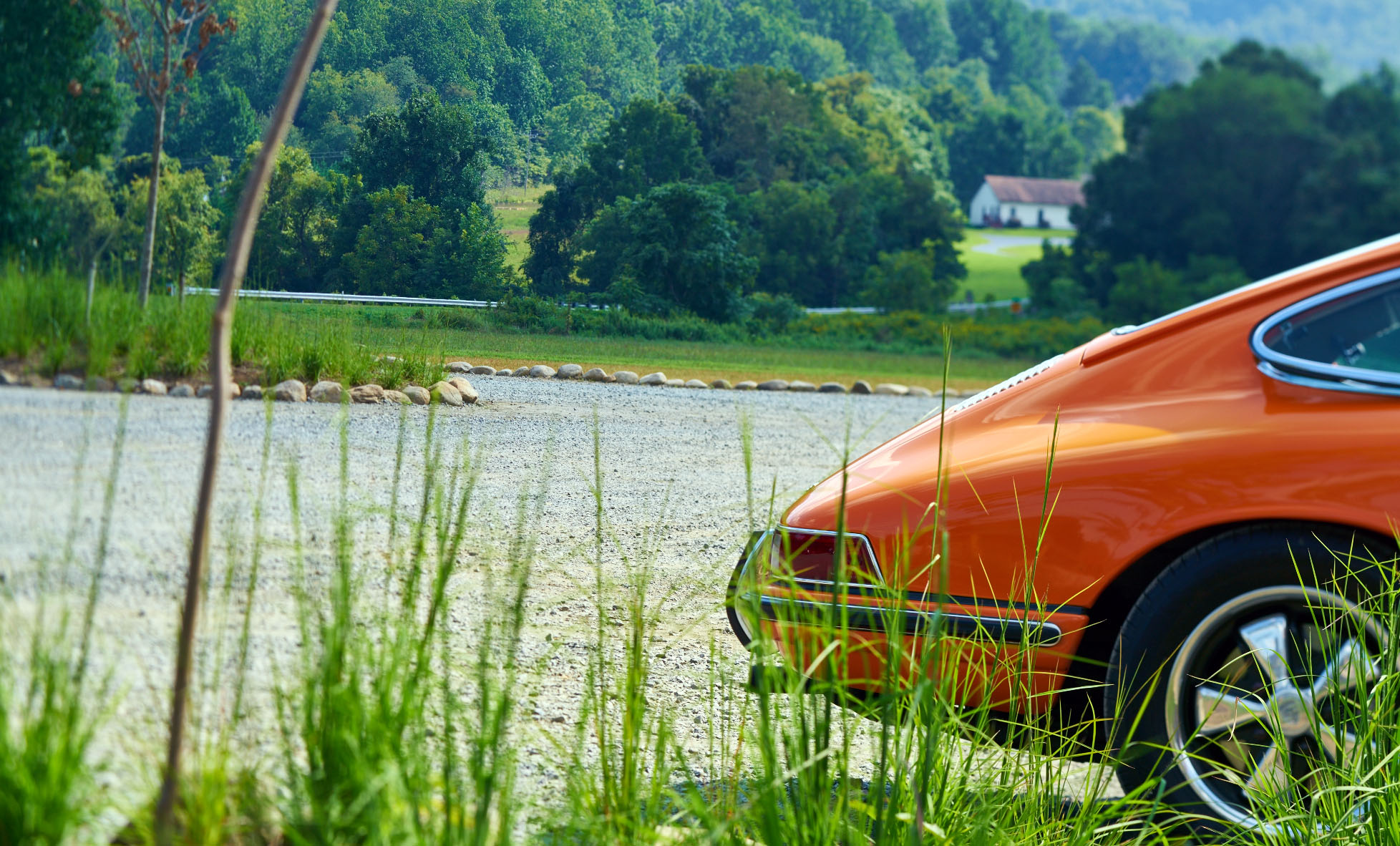
Time & Money
Here is what I learned from 40 years of traveling: Of the two modes, it is far better to have more time than money.
When you have abundant time you can get closer to core of a place. You can hang around and see what really happens. You can meet a wider variety of people. You can slow down until the hour that the secret vault is opened. You have enough time to learn some new words, to understand what the real prices are, to wait out the weather, to get to that place that takes a week in a jeep.
Money is an attempt to buy time, but it rarely is able to buy any of the above. When we don’t have time we use money to try to get us to the secret door on time, or we use it avoid needing to know the real prices, or we use money to have someone explain to us what is really going on. Money can get us close, but not all the way.
Nakoma @100 Neighborhood Party
Morning Light: Boston
